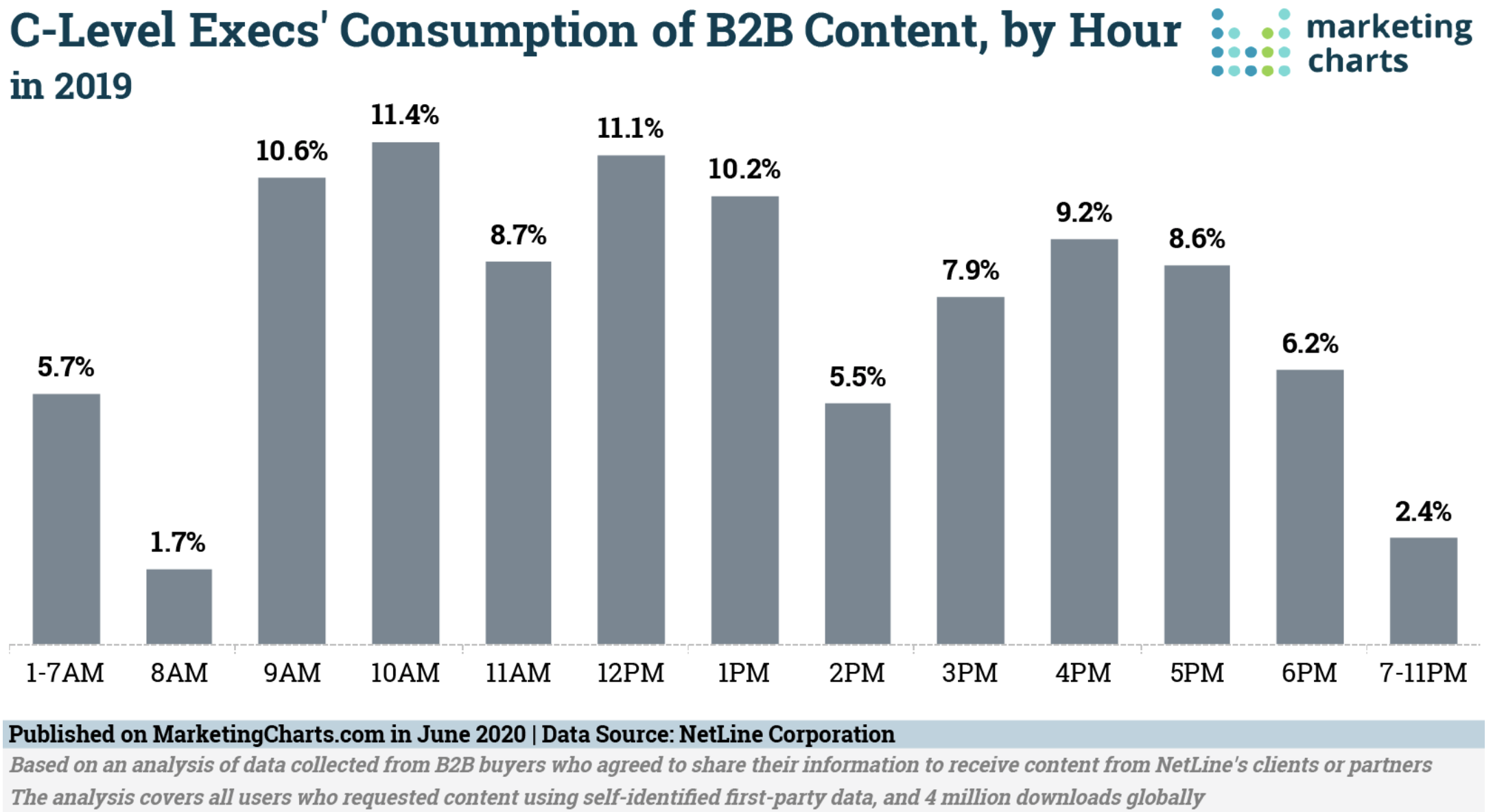Clients often ask us, 'How many blog articles should we publish weekly?' In this article, I give some tips on how to find the right frequency and timing for publishing your articles.
How often to publish articles?
The short answer is: it depends.
Smaller businesses have found success by publishing one to four times a week, while larger companies can publish articles daily.
The frequency of blogging depends on the goals you want to achieve with your blog or knowledge hub, i.e. the ideal frequency will depend on what is best for your business.
- If your goal is to increase traffic through content to your website, you may want to publish more frequently. The aim should be posting four to five times per week.
- If your focus is more on lead generation, then you could focus more on the content offer instead of the article. So, the aim should be to publish two to three articles a week with a high-quality content offer.
- If your focus is on brand awareness, the goal is to diversify the content. These articles don't need to be published frequently. You could publish one to two articles a week.
At Zooma, we aim to publish three articles per week. To take one example from The Onlinification Hub, when moving from publishing two articles a week to three articles a week, the views and the subscribers increased significantly.
However, try to publish one to three blog articles per week, as long as you can keep your quality standards and stay relevant. You would be better publishing just one article with high content quality instead of three average articles.
When to publish articles?
A good time to publish can't be determined without understanding your specific target group and market, but here are some guidelines.
For high traffic, a good time to publish an article for B2B readers is in the morning on weekdays (preferable Tuesday-Thursday). Your readers are looking for something interesting while commuting to work, and during the early hours of the day. Your notification will appear at the top of their email inbox.
According to NetLine's report from 2019, C-level executives were most engaged with downloadable B2B content between 9 am and 1 pm.
 Source: NetLine's report
Source: NetLine's report
If you are in B2C and you're aiming for interactions, e.g. likes and comments then Saturday morning around 8 am is a good time. Your readers are usually more relaxed on a Saturday morning and have more time to read the content.
However, try not to worry too much about the right time to publish your article, instead focus more on sharing and promoting your content through the different channels.
If you've come this far and you'd like to find out more about business blogging, take a look at our in-depth guide to business blogging over in the Learn section.
Download the content creation guide
In this guide, you will get advice to facilitate content creation for your audience in specific contexts. That is providing the right content of the right quality, to the right end-user in your business context.

You can also read this article in Swedish on Onlineguiden.





